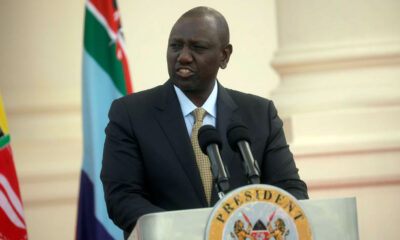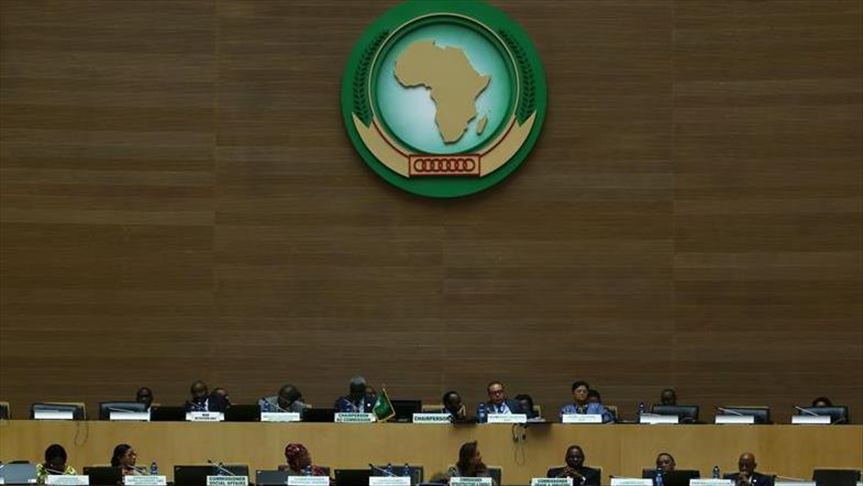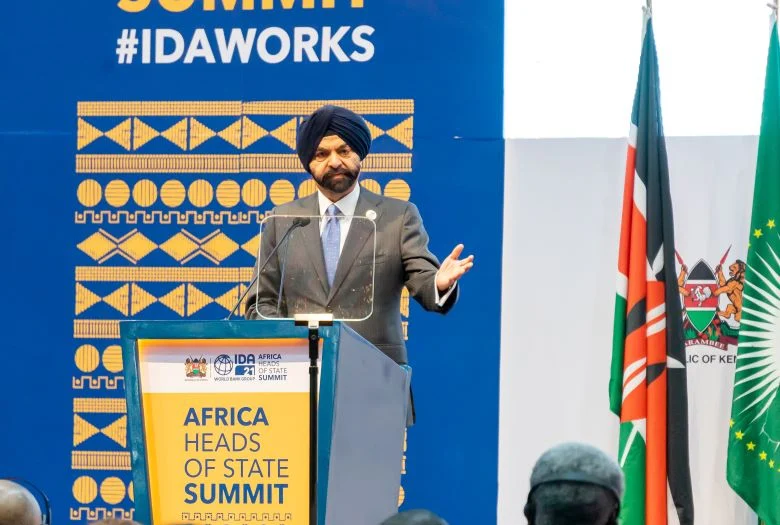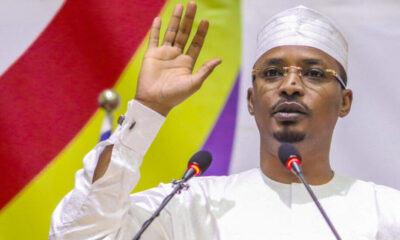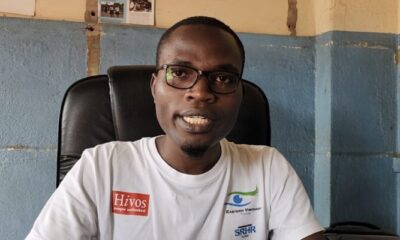The number of bodies found at the ranch of Kenyan pastor Paul Mackenzie outside the coastal town of Malindi went over 100 as the week closed. Mackenzie, who heads the Good News International Church, told his followers to starve themselves to death to meet Jesus – and they believed.
The death toll is likely to rise as security officials dig up his farm in Shakahola forest in search of bodies, and the more than 210 people missing are accounted for.
The deaths have been met with shock and anger. How could this happen?
The methods of some of God’s men and women on Earth can be unfathomable. But perhaps the minds of their flock are more puzzling.
The story is told of two Kenyan sisters. One worked as an air hostess with Qatar Airways. She quit her job, returned home, sold her possessions, gave the proceeds to Mackenzie, and disappeared into his forest compound.
Starvation cult
Her sister owned a boutique in Nairobi. She left her husband, took her child and embraced Mackenzie’s starvation cult. By press time, their whereabouts were still unknown, but it was feared they might be among the 100 bodies that have been exhumed or those who are missing.
Though he urged his followers to starve to death to hasten their encounter with Jesus, Mackenzie himself wasn’t in a hurry for an appointment with Christ. He is very well-fed. It has been lost in the outrage that his was not your garden variety prosperity gospel church, promising to multiply followers’ money ten times more in future wealth if they tithed it to the pastor. He offered suffering as the ticket for a heavenly encounter.
The void in their lives that the Good News International Church tapped into was deep and complex. One hint is that the former Qatar Airways hostess’ son, who was living with her parents in Kenya, had recently died while she was working. There was a lot of pain and sense of loss there.
Uganda’s Kibwetere
Mackenzie is not East Africa’s first death cult leader. That infamy belongs to Uganda’s Chief Apostle Joseph Kibwetere. Kibwetere led the Ten Commandments of God, a bizarre fundamentalist splinter Catholic church in western Uganda. They believed the world would end dramatically and the Virgin Mary would arrive to carry them away to heaven. Several appointed dates came and passed without an apocalypse.
On March 17, 2000, Kibwetere and his fellow church leaders decided to accelerate the prophecy. They lit a fire in which 778 members of the church were killed. More than 280 bodies were also found and recovered from mass graves in the compound of the faithful who had died or been killed before the big fire, bringing the total death toll to over 1,000.
The whereabouts of Kibwetere remain a mystery. His body was never identified. Ugandan security and rumours suggest he never went to meet the Virgin Mary but had taken off into exile. Several sightings of him from as far away as Malawi have been reported.
Offered heavenly bliss
Like Mackenzie, Kibwetere didn’t promise wealth on Earth, a happy marriage, or career success like prosperity gospel prophets. He offered heavenly bliss and face time with the Virgin Mary.
The loneliness, despair and alienation that drive people to follow Mackenzie are not too hard to understand. They are things that our societies and government can do more to relieve, some of them relatively inexpensively.
Building economies that offer people opportunity and freedom from the degradation and humiliation of poverty and want can go some way to ease the hurt.
However, we learn from the experience with the Carnival in Rio de Janeiro and Notting Hill Festival in London that they can do a great deal for mental health, help foster belonging, create community and networks, and cheer up the lonely with their positive energy and affirmation of beauty.
To have such parades, we will need to considerably reorganise our cities to make space for the citizens who live there. For example, a Rio-style carnival parade is not possible in Kampala or Nairobi. Standing on the side of a street to soak in a colourful parade, some provocatively dressed women wiggling their backsides in extravagant dresses and bare-chested hunks of men in wacky costumes cost little except transport to the scene.
Happiest people
But the pay-off in social goodness is priceless. Evidence shows that getting people involved in worthy causes is some of the best medicine against social isolation and the sense of worthlessness that the Mackenzies of this world exploit. It is one of the reasons why the happiest people in East Africa are Rotarians.
After his release from 27 years in apartheid jails in 1990, South African statesman and president Nelson Mandela attended many music concerts, several held in his honour. He was famous for his trademark jig at the events.
In 1999, after joining late South African singer Johnny Clegg (the “White Zulu”) on stage in France, Mandela was quoted saying, “It is music and dancing that makes me at peace with the world and at peace with myself.”
So it is for many people..
Sometimes when we let the music play, when the censor doesn’t muzzle the free expression of art and culture, lives are saved. The lives of some of those people few will notice are missing, and end up statistics in shallow graves in Mackenzie’s Shakahola forest.
Charles Onyango-Obbo is a journalist, writer, and curator of the “Wall of Great Africans”. Twitter@cobbo3


 Culture19 hours ago
Culture19 hours ago
 Tech19 hours ago
Tech19 hours ago
 VenturesNow2 days ago
VenturesNow2 days ago
 Tech2 days ago
Tech2 days ago





